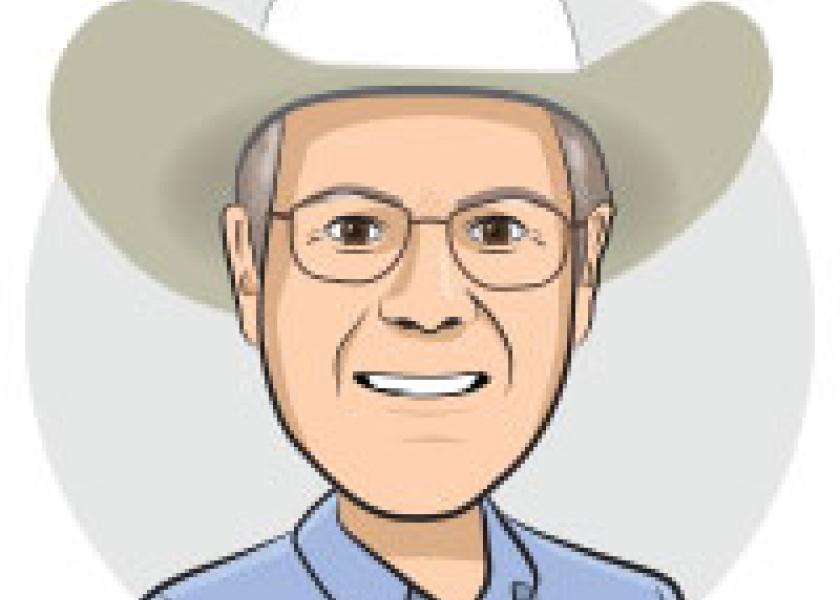Taxing Meat: A Fool’s Errand

Under constant strain from volatile markets and devastating weather events, cattlemen also face an existential threat to their livelihood – the belief that beef is environmentally unstainable and will be rejected by consumers.
Nowhere on the planet is beef under more pressure to conform to sustainability guidelines than in America. Yet, nowhere on Earth is beef produced more efficiently and more sustainably than the United States, an assertion supported by the fact American cowboys produce the same amount of beef today as in the mid-1970s with one-third fewer cattle.
Criticism of beef production, however, is rampant, and a new international report will further fuel activists who want your business shut down. The Intergovernmental Platform on Biodiversity and Ecosystem Services’ (IPBES) report makes the standard claim cows are bad for the environment, but with a new twist – cows will also make future pandemics worse.
“Over-consumption of meat... (is) bad for our health. It’s unsustainable in terms of environmental impact. It’s also a driver of pandemic risk,” Peter Daszak, a zoologist who chaired the study, told journalists in Rome when releasing the report.
The study warned that pandemics will emerge more often, spread faster, cost more and kill more people than COVID-19 without bold action to halt the habitat destruction that helps viruses hop from wildlife to humans. The solution, the authors say, is a tax on livestock production and meat consumption to reduce the risk of future deadly pandemics.
Rubbish, you say? Consider the point made by Dutch scientist Thijs Kuiken, one of 22 international experts who produced the study.
“There’s a new generation out there who are willing to make those personal decisions that will lead to a more sustainable lifestyle - and we’re hoping that’s going to save our planet in terms of biodiversity loss, climate change and pandemic risk.”
He’s correct, of course. Demographics in the world’s developed countries are trending younger, and they are more willing to make lifestyle and diet changes if they believe they will have a positive impact on the environment. The key word there is “believe.”
Calls to eliminate livestock and the concept of taxing meat, however, are not new, and they are not viable solutions – especially if we hope to feed the 10 billion people that will inhabit this planet in 30 years. A better remedy is to help the developing world gain access to the technology and production techniques that have made American cattlemen efficient.
“Producing less meat and milk will only mean more hunger in poor countries,” said Frank Mitloehner, professor of animal science and an air quality expert at the University of California/Davis. “Smarter animal farming, not less farming, will equal less heat. As production per cow becomes more efficient, the environmental footprint is reduced.”
That is the message the younger generation Kuiken describes need to hear. Global livestock production – meat and milk – is critical to the health and prosperity of many in developing countries and plays a role in the diet and health of those in countries that are already developed.
Beef cattle also play a key role in what scientists call up-cycling – turning grass, corn stalks and byproducts into high-quality protein for human consumption. In fact, research suggest cattle produce 19% more edible protein than they consume.
Delivering such messages to consumers has become of critical importance to the future of your business.







